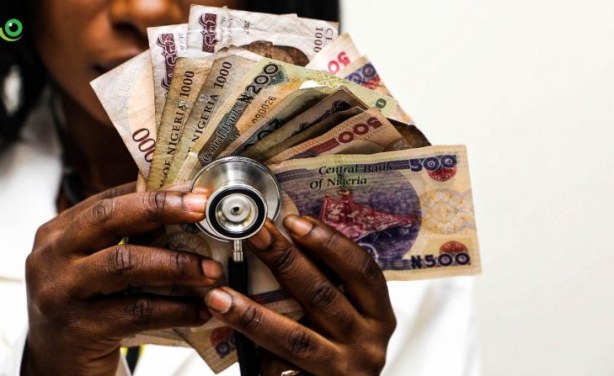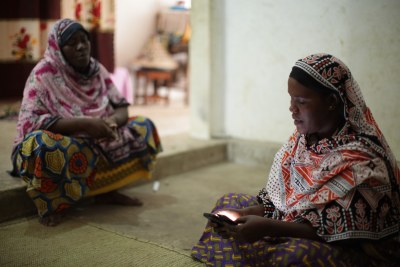-
Nigeria: Sin Tax - a Viable Means to Health Financing in Nigeria
Nigeria Health Watch, 6 October 2021
Achieving Universal Health Coverage (UHC) is largely dependent on how a country finances its health system. Since the Abuja Declaration in 2001, Nigeria has been unable to allocate… Read more »
-
This Day, 24 June 2021
Nigeria like several other countries across the world has identified Universal Health Coverage (UHC) as the goal of its health system. A presidential summit on UHC hosted in 2014… Read more »
Is Sin Tax a Viable Way of Sustaining Nigeria's Health Sector?
A sin tax is levied on the consumption of goods that can have a negative impact on health. Goods like sugar-sweetened beverages, tobacco, and alcohol are normally taxed to act as a deterrent, aiming to reduce consumption while raising additional revenue. The impact on health is contributing to Nigeria's disease burden. As some other countries have done, can Nigeria support its health sector by taxing these products, and thereby reduce its disease burden?
The pandemic slowed Nigeria's journey towards achieving Universal Health Coverage and sin tax presents an opportunity to get back on track. If spent well, sin tax presents itself as a win for the poor and vulnerable who are already living below the poverty line and can't afford basic health care services, writes Michael Atima for Nigeria Health Watch.
InFocus
-
Nigeria Health Watch's Programme Analyst, Aloysius Chidiebere Ugwu, writes about key learnings from the Universal Health Coverage forum, highlighting the importance of ensuring ... Read more »
-
Imagine a world where healthcare is less about the treatment of disease and more about health promotion, disease prediction and prevention. We would see innovation in medicine as ... Read more »
-
According to the State of Universal Health Coverage (UHC) in Africa Report, Africa's health systems are not aimed at meeting the healthcare needs of the poor, the disabled, an Read more »

Funding is the live wire of healthcare systems globally. Nigeria needs an innovative approach for healthcare financing (file photo).




